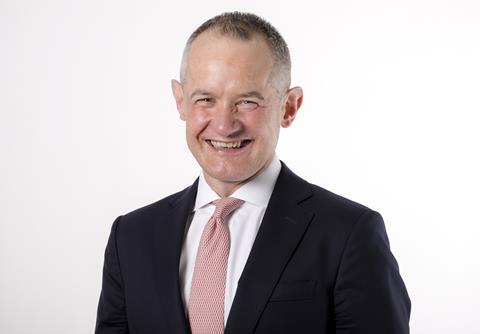Move follows changes to working patterns in office and on site following covid-19 pandemic
Wates has said it wants all its 4,000 employees to benefit from flexible working by 2025 under a raft of changes being introduced in the wake of the covid-19 pandemic.
The firm said the move will improve staff wellbeing and productivity, adding that all new roles are now being advertised as flexible.

Staff, including those working on site, will be allowed to change shift start or end times to accommodate caring responsibilities or other family needs, while changes to working patterns will be allowed for activities such as studying or team sports that promote health and wellbeing.
Wates added that some colleagues will be asked to take longer lunch breaks or to perform more of their work from home.
The firm said the move was intended to make it more inclusive, helping it to attract and develop a more diverse workforce.
Wates construction managing director Mark Tant admitted: “If our industry is to become more inclusive, it is fundamental that we continue to break down ingrained cultures and adopt new approaches that allow us to appeal to a more diverse workforce.”
Wates has made the changes under its Flexible Working Principles that have been introduced in response to feedback from staff, which highlighted almost 90% of employees would prefer a mix of home working and office working in the future.
Chief executive David Allen said: “The pandemic challenged us to work in different ways and to adapt. We learned a lot about how to work flexibly and about how doing so can improve productivity, performance, health and happiness.
“We have listened to feedback from colleagues from across the group and, as part of launching our Flexible Working Principles, are encouraging them to use the next few months to experiment with their working patterns - to find what works for them, to show us what they want their working life to be like in the future.”
Wates has been working with national work-life balance charity Working Families whose chief executive Jane van Zyl added: “The culture change [Wates] are ushering in is an extremely positive and inspiring thing to see. We know that for too long flexible working has been seen as the preserve of office workers but this shows that flex is possible in roles whether you’re sat at a desk or working on site.”
Last year, Wates said it was overhauling its benefits package with enhanced paternity/partner leave, increased maternity leave, carers’ leave and improved bereavement leave.


























No comments yet